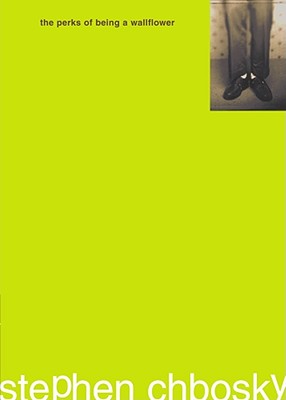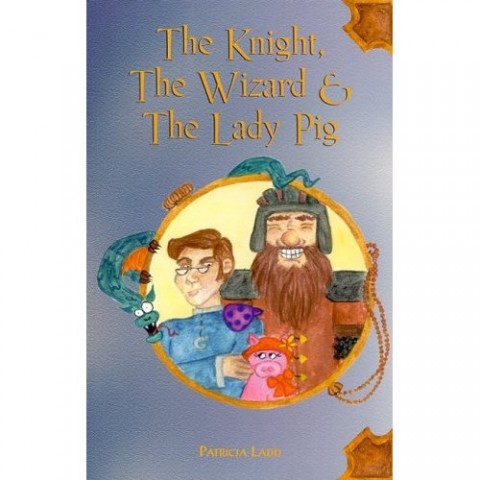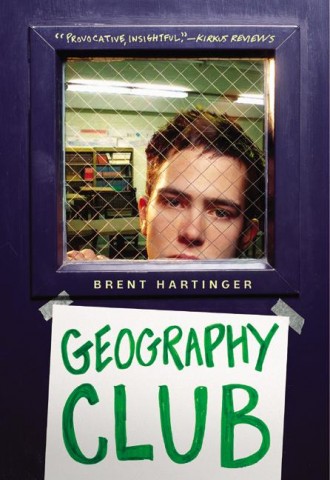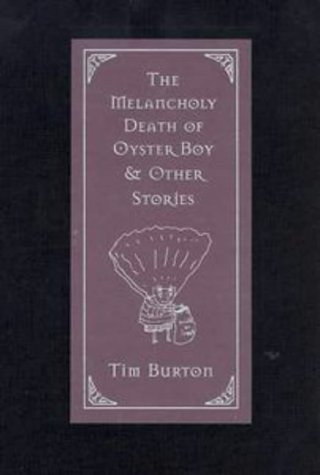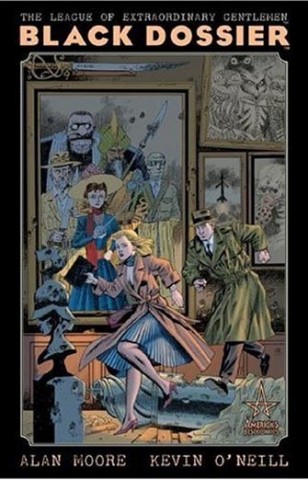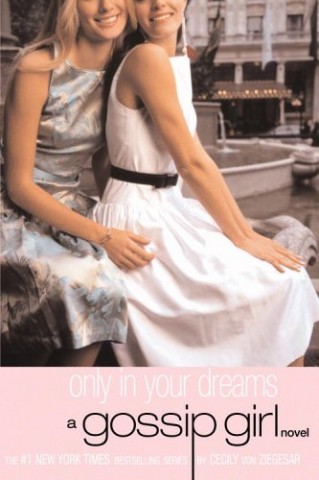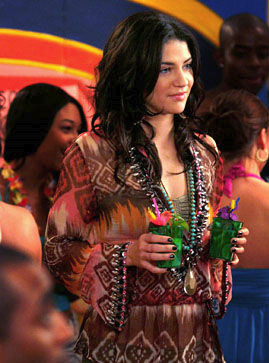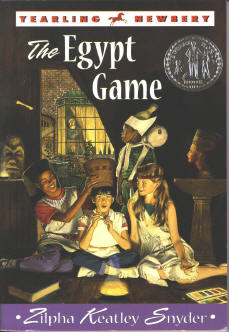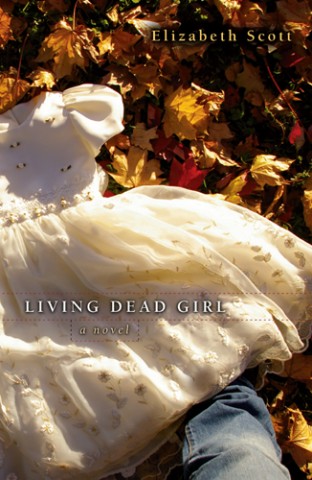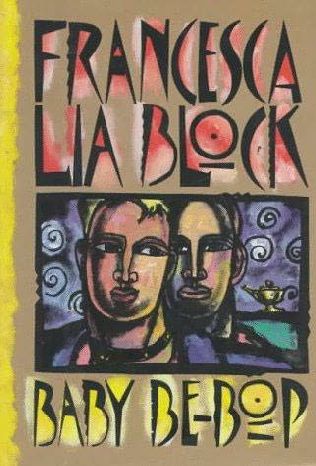Title: The Perks of Being a Wallflower
Author: Stephen Chbosky
Challenged at: West Bend, Wisconsin Community Memorial Library
At the same time as: Baby Be-Bop, Geography Club
For: “being obscene or child pornography” in the YA section
(Maybe Not So) Honorable Mention Challengings At: Portage, Indiana High Schools; Wyoming, Ohio High Schools; William Byrd and Hidden Valley Highschools of Roanoke, Virginia; probably others
You can read more about the school challenges here, and probably elsewhere, but since I am an Apprentice Librarian in a public library, I want to talk about West Bend Citizens for Safe Libraries again. I feel like we bonded a little during my play-by-play notes from earlier this week. So here are some things I think probably upset them about this book:
1. Charlie’s best friend is gay
2. Charlie sometimes drinks
3. Charlie smokes (sometimes pot)
4. Charlie one time tried LSD, but decides never to do it again
5. Charlie’s friends have sex sometimes
6. Charlie gets halfway between second and third base
Which of these things would shock and appall a high school student? Which of them would they not have experience with, either personally or peripherally through just being in highschool? Maybe the LSD (maybe) depending on their highschool or group of friends.
I think this might be the first time I’ve read a young adult novel (especially one published by MTV!) that I honestly wish I had discovered while I was actually a young adult. And you know what? It has nothing to do with anything on that list up there, because that’s not what this book is about. Sorry, West Bend Citizens for Safe Libraries, but I’m afraid you’re still looking at the forest and seeing only trees, or the book and seeing only drug-and-sex references. I’m a big believer in The Right Book for the Right Person at the Right Time; I think time is the part that gets left out or misunderstood. Since I did not have the West Bend Citizens for Safe Libraries to protect me, there were plenty of times when I was in elementary or middle school that I read books that were, I can freely admit now, way too old for me. Shockingly, I did not become a drug addict or a predator or suffer trauma. Most of the time, the things I weren’t ready for went right over my head. Or I stopped reading the book because it was boring since that didn’t interest me. Once you’re old enough to be curious, to ask questions, then you’re old enough to know some answers.
Anyway, with most YA novels, I recognize that high school Patricia would not have liked them, or thought they were beneath her (she was all about reading the collected works of Charles Dickens), but I think she would have gotten something out of this one (and, no, not the DL on LSD). The book is an epistolary novel of letters Charlie writes to an anonymous person he doesn’t really know chronicling his first year in high school. Charlie has an amazing insight into the world and is clearly incredibly intelligent, although he often is unsure of what to do in social situations. For most of the book, he leads a very passive existence, letting other people tell him how to act or what he should do or how to define his relationships. I think (despite her complaining that it’s not “real literature”) High School Patricia also really needed to learn that lesson. And, secretly, she knew it too, which is why she sometimes tried so hard to seem otherwise. I’m pretty sure I did not realize who I am AND decide to try to wear that unselfconsciously until freshmen or sophomore year of college. Maybe closer to sophomore year. I think that happens to a lot of teenagers, especially when they’re trying so hard to fit in with a certain group or be like some kind of mental image that they have a hard time figuring out who they actually are underneath, even when they want to. Which sucks, because people can be such jerks to you when you’re stuck being passive, like they’re allowed to take advantage of you or project whatever they want onto you since you appear to be almost blank, at least from the surface. Even sadder is that I bet some people never have a Summer-Before-Sophomore-Year fight with themselves and try to get over it. Some people are stuck in that blank, passive, fragile existence forever.</after-school special confessions time>
So, yeah, I kind of wish High School Patricia had read this book, although there’s no guarantee that she would recognize its message in herself, or if she was even ready to admit her own problems yet. I do know she would have scoffed at Charlie’s assessment of The Fountainhead which she hated, but probably agreed with him about To Kill a Mockingbird. It probably would have helped that both she and Charlie liked reading “serious” literature, though probably for different reasons.
In conclusion, this book made me think a lot, which is always good for anyone, even if it is about things that I would prefer to forget, like how I have not always been this awesome. Or at least, not as obviously.
Whenever I’m down on High School Patricia, though, I feel the need to also mention:
